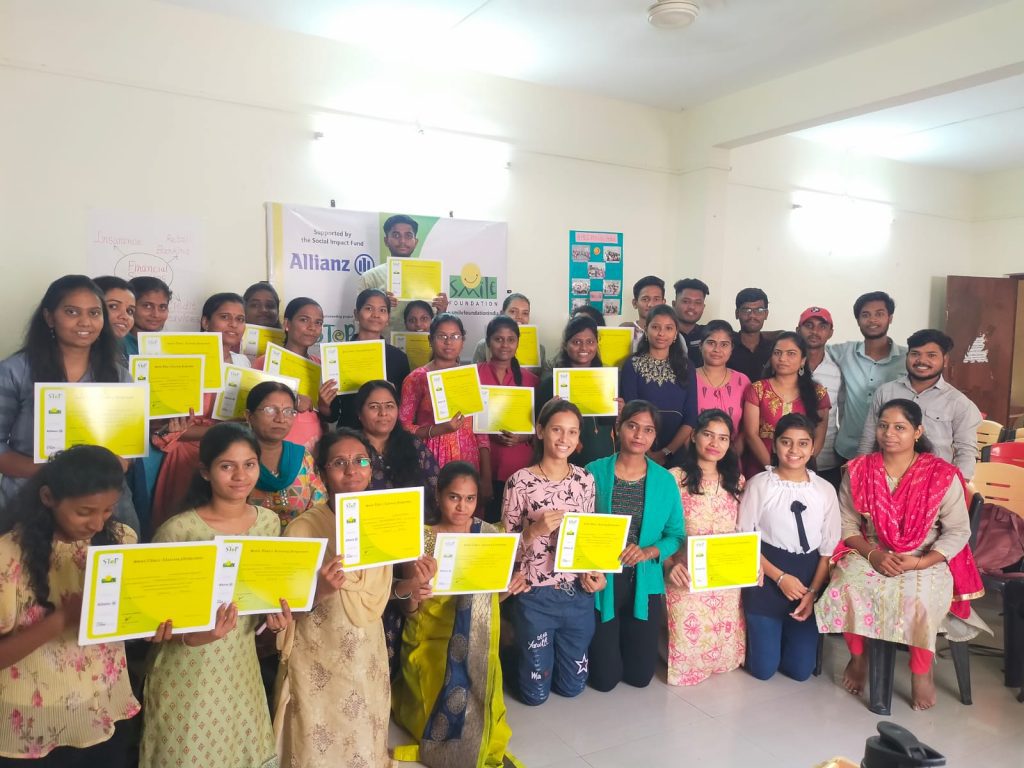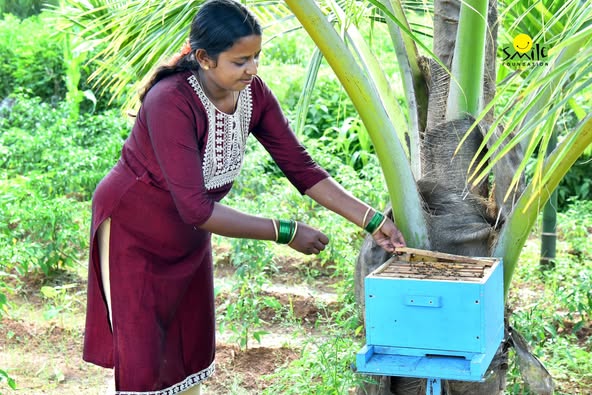India has a population of more than 142 crores with 68% of them considered the working class and more than 50% as its youth. The country’s most significant resource remains its people. In a few years, India will witness a large workforce driven majorly by youth. A skilled workforce can boost India’s economic growth by a significant margin. The country is witnessing youth skill development since the National Policy of Skill Development and Entrepreneurship was launched in 2015, but the desirable output is still to be achieved.
Importance of Skill Development
The disparity between the skills needed by employers and the skills attained by employees remains an existing concern. Degrees and certificates, while still holding a good deal of value, do not solely guarantee employability. Take for example the field of audio-visual and filmmaking, one is required to be well-versed in direction, editing software and performing other post-production work.
Degrees and certifications are often less important in scenarios like these hence, students may prefer opting for job roles right after their undergraduate degrees and not go ahead with higher education. When in a world where skills succeed degrees and certifications in several instances, the focus on skill development should be more in order to match the demands of employers and consequently, increase employment rates.
Skilling Ecosystem of India
With the low level of job opportunities and lack of adequate skills of people entering the job market, there is a difference between the supplement of employment and the demand of employers.
Schooling and skilling should go hand in hand for the prosperity of India’s future. The Indian government has recognized the importance of skill development in an individual’s life and has taken suitable initiatives to improve the skilling ecosystem of the country. But with a lack of proper skills comprising 60% of problems companies are facing today in India, the country has a long way to go.
The current approach to skill development lacks the accessibility of education to all. When we say education, it should mean the provision of all-encompassing knowledge and a holistic approach. Skill development should comprise a good part of education in order to bridge the demand-supply gap in employability. Some government initiatives for skill development are Pradhan Mantri Kaushal Vikas Yojna (PMKVY), SANKALP Program (for district-level skilling), STRIVE Project (for improving ITIs), CSR expenditure for skill development and Skill India Programme.
Recent changes in education that have come along with the New Education Policy have also focused on skill development and vocational education. The Junior Skills Championship, a collaboration of the National Skills Development Corporation and CBSE strives to enhance the Skill India Mission.
Improving the Existing Skilling Ecosystem
The ambitious goal of the National Policy of Skill Development and Entrepreneurship of skilling 40 crore Indians by 2022 is a long road ahead. Only 4 crore people have been reported trained as of yet. Due to a lot of job-seeking demographic lacking the required skills, the unemployment rates are increasing.
With the growing demand for skills in the workplace, the skilling ecosystem of India has to orient itself in a way that supports and matches the demands of employers.
Technology should be harnessed for the achievement of this goal. Technology is a more cost-friendly alternative leveraging which will witness increased levels of accessibility of education and skill development initiatives.
The most important factor that cannot be overlooked under any circumstances is the implementation of skilling in schooling. YUVA and UNNATI are good examples of such initiatives.
Skillset Important for Personal Growth
A single word that broadly describes what the workplace requires the most is a skillset. Employers seek professionals that are skilled enough to work effectively. It is no secret that workplaces deem soft skills equally if not more important than hard skills.
Honing personal development skills leads to better chances at employment. Some of these skills are communication skills, self-confidence, teamwork, problem-solving skills, leadership skills and work ethic
It is imperative for skill development initiatives and corporations like the NSDC to train individuals in these areas in addition to industry skill development in order for them to prosper in their careers. These skills prove beneficial in all jobs and are in a way basic requirements for most.
Conclusion
India with its rapid-growing economy needs to make skill development a priority. The current initiatives taken by the country have allowed India to form a rigid framework in terms of skill development. It has mapped a journey for various individuals in terms of skill development and is making considerable transformations.
Smile Foundation’s livelihood initiative, STeP (Smile Twin e-Learning Programme) is skilling the underserved youth of India in areas related to healthcare, BFSI, BPO, retail management, core employability and digital marketing. With a pool of sincere trainers, dedicated placement cells and supportive brands, the programme has reached thousands of youth who needed skilling. The majority of skilled individuals have gotten placed in respectable brands post the successful completion of their skilling courses.
India has a promising youth and given that the country will be led by them in the near future, they need these initiatives to make significant progress.









